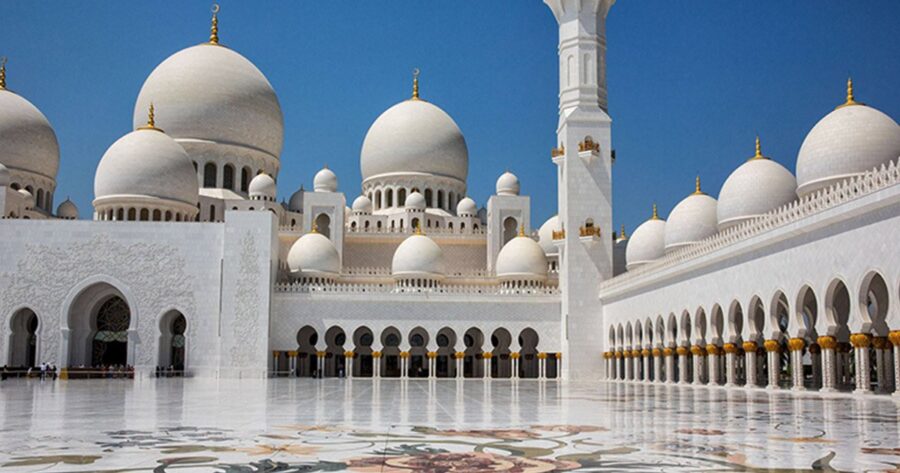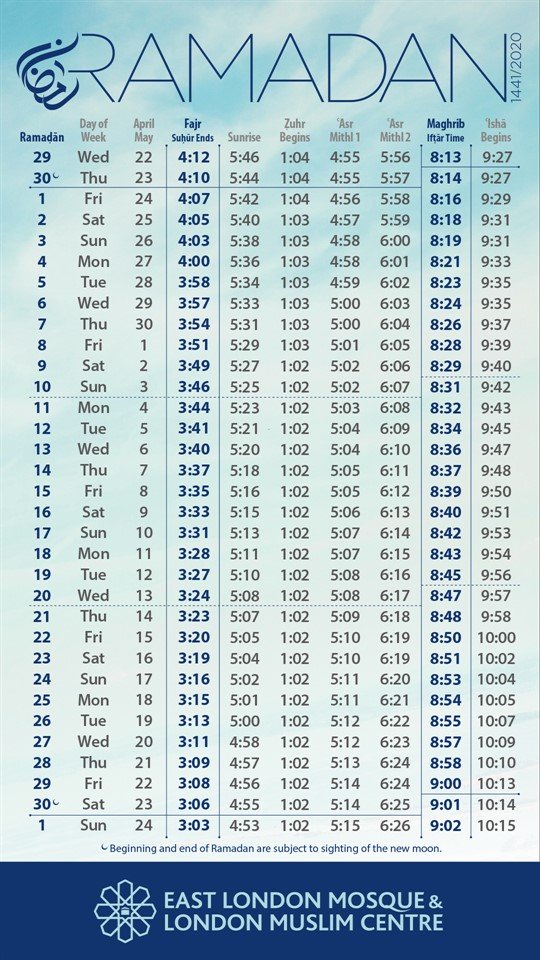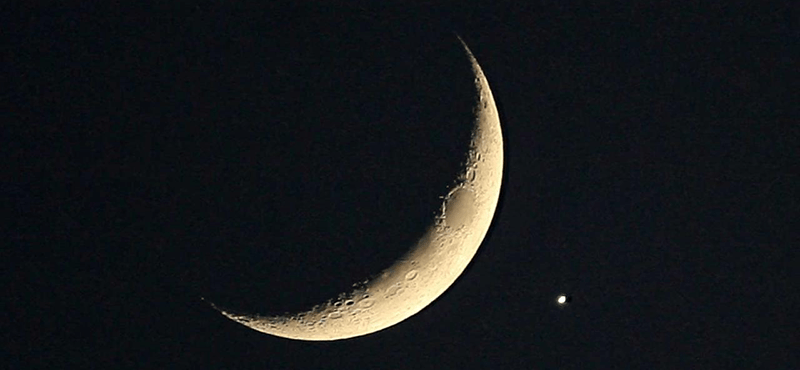
Ramadan in Lockdown
This year’s Ramadan has been like no other. Widespread lockdowns around the world have meant that observing the holy month of Ramadan has been without the traditional communal prayer and daily iftar with extended family and friends.
How to observe Ramadan safely
The advice from the UK government has been that during Ramadan you should only be leaving the house for one of four reasons:
- shopping for basic necessities (e.g. food and medicine) which must be as infrequent as possible.
- one form of exercise a day (e.g. a run, walk, or cycle) alone or with members of your household.
- any medical need.
- travelling for work purposes, but only where you cannot work from home.
And vulnerable people or any household with symptoms must self-isolate fully and not leave the house at all.
Healthy people can continue to fast as usual this Ramadan, as well as people who have mild symptoms of coronavirus or a flu-like illness who do not require medication or treatment, as advised by a physician (but you must self-isolate). If you have more severe symptoms, you should consider not fasting, as is usual for patients with any serious illness. Always consult your physician for advice on the particular circumstances of your condition and whether or not fasting is advisable.
People preparing food for others for iftar or suhoor, shouldn’t do so if they have any symptoms of coronavirus or any other flu-like illness, even if the symptoms are mild. In addition to performing wudu before prayers, healthy hygiene should also be maintained through handwashing for 20 seconds, using warm water and soap on a regular basis.
Recent updates to restrictions
Since the announcement on Monday 12th May, you may now exercise as much as you like and you can also do it with one other person from another household if you wish, as long as you stay at least two metres apart and remain outdoors.
Other than that, the other restrictions pretty much remain. So although this won’t come as a surprise to most, it does mean that Ramadan will continue with social distancing firmly in place at all times.
What do you think?
We asked you how you were finding this year compared with traditional Ramadan and 100% of you reported that it is very different to normal.
Technology has helped us to stay connected our family, friends and wider religious communities during this time. Worship services and ceremonies have been held over videos and social media and individual pastoral and care visits have been received by phone. Despite being physically apart, religious practices have been observed at the same time of day as the rest of our faith communities.
Traditionally Ramadan is a time for communal prayer, spiritual reflection, meals with extended family and friends to break daily fasts, and concludes with the community celebration of Eid-al Fitr. Whilst staying at home throughout the holy month has been challenging, it’s of course, necessary in helping to protect the NHS and save lives.








